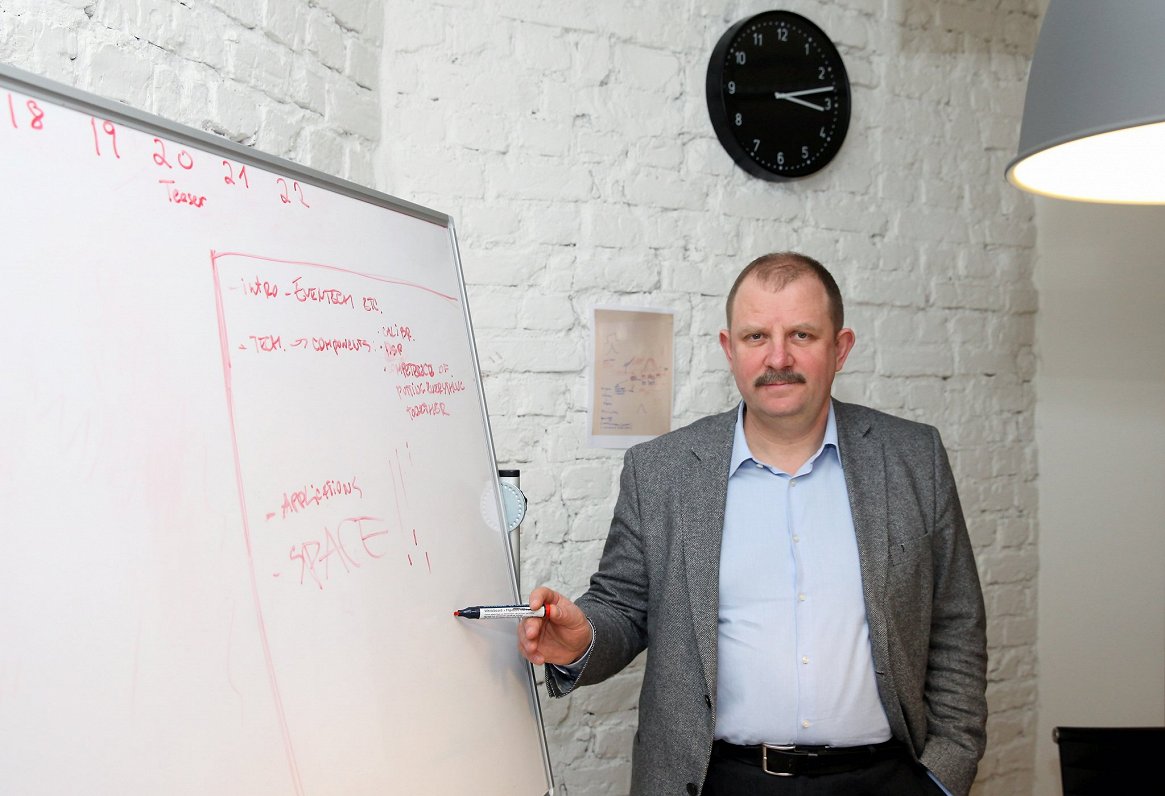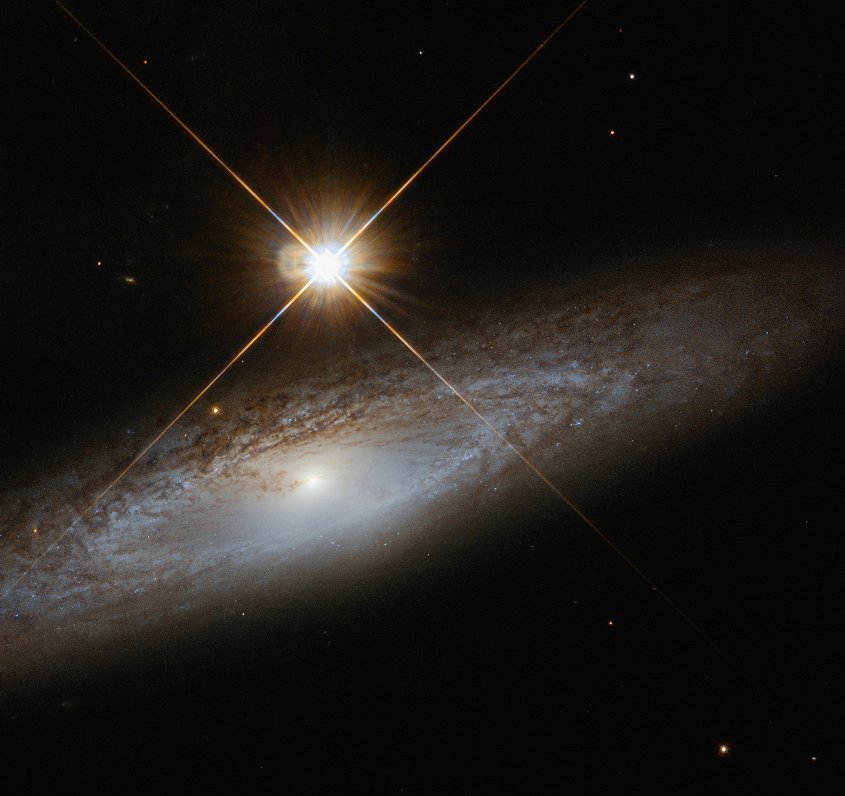“In this way, we will create a platform that combines the experience of the Commercialization Reactor in the commercialization of scientific discoveries and the scientific and technological base of RTU. This is also how we will facilitate the growth of the space technology industry and the development of companies, so that the Latvian and international community can benefit as much as possible from it,” Adamovičs said.
According to him, the incubator will help attract additional funding for the development of startups, including from the ESA.
It is planned that 5-10 space technology start-ups will be admitted to the ESA Business Incubation Center in Riga each year. In addition to training and available technologies and laboratories, the companies will be able to receive funding for development of at least EUR 50,000 per year - 50% will be provided by the ESA, another 50% of co-financing will be attracted by the incubator – from the state, municipal funding and other sources.

However, the establishment of the ESA Business Incubation Center in Riga will take at least one year, as several preconditions must be met. Firstly, Latvia, as a country, must join the ESA program ARTES, secondly, it must attract sources of co-financing, and thirdly, it must submit a formal application to the ESA.
In this cooperation project, the Commercialization Reactor, under the auspices of which one of Latvia's best-known space technology companies, Eventech, was born and developed, will be the leading partner.
RTU will make a significant contribution to the operation of the center, motivating scientists and students to participate in space technology start-ups, providing technological and engineering support, as well as co-working spaces, a press release said.
"We see space technologies as the pioneers of innovation - solutions developed for the space industry promote innovation in various areas of the economy and make the daily lives of people easier. We hope that the establishment of the planned incubator could also facilitate the development of technologies that would allow to further space and related industries, as well as benefit society,” said Tālis Juhna, Vice-Rector for Research at Riga Technical University.
Juhna added that RTU has research experience in the field of space, for example, satellite production technologies are being developed, which will increase the safety of satellites and allow to reduce production and operation costs in future missions. RTU also has experience in organizing hackathons related to the space industry or the use of satellite data.
"By working together with the Commercialization Reactor and combining our competencies in the development of science-based business ideas and innovations, we have the opportunity to develop high added-value businesses in Latvia, promote technological development and knowledge transfer," said Juhna.
There are currently 20 such ESA Business Incubation Centers in Europe, including one in the Baltics – in Tartu, Estonia. More than 180 start-ups are currently being developed in these business centers, with over 700 already established.
"When we talk about space technology, we usually associate it with various missions to other planets or stars, with something that has no direct impact on people's daily lives. However, the entrepreneurs working with ESA Business Incubation Centers have been able to prove the opposite - space technologies solve problems here on Earth, as well as stimulate exports,” Adamovičs said.
For example, the ESA Business Incubation Center in Madrid develops technologies that allow drones to be used for firefighting, airport calibration and the testing of rail tracks. Technologies developed to better see objects in space images also help people with visual impairments.
Meanwhile, projects associated with the ESA Business Incubation Center in Portugal have generated more than EUR 11.5 million in sales and turnover, as well as created 30 start-ups and around 100 jobs. Space-based solutions are used to create new products and services in the fields of transport and logistics, healthcare, agriculture and the environment.
"There are many such examples. Science-based start-ups have a longer development path and initially need more financial support than start-up companies based on IT solutions. But afterwards the benefits can be much greater and have a wider and more positive impact on the state and society. Our task is to purposefully use this business incubator as a tool, as a springboard for Latvian scientists and entrepreneurs,” said Adamovičs.





























